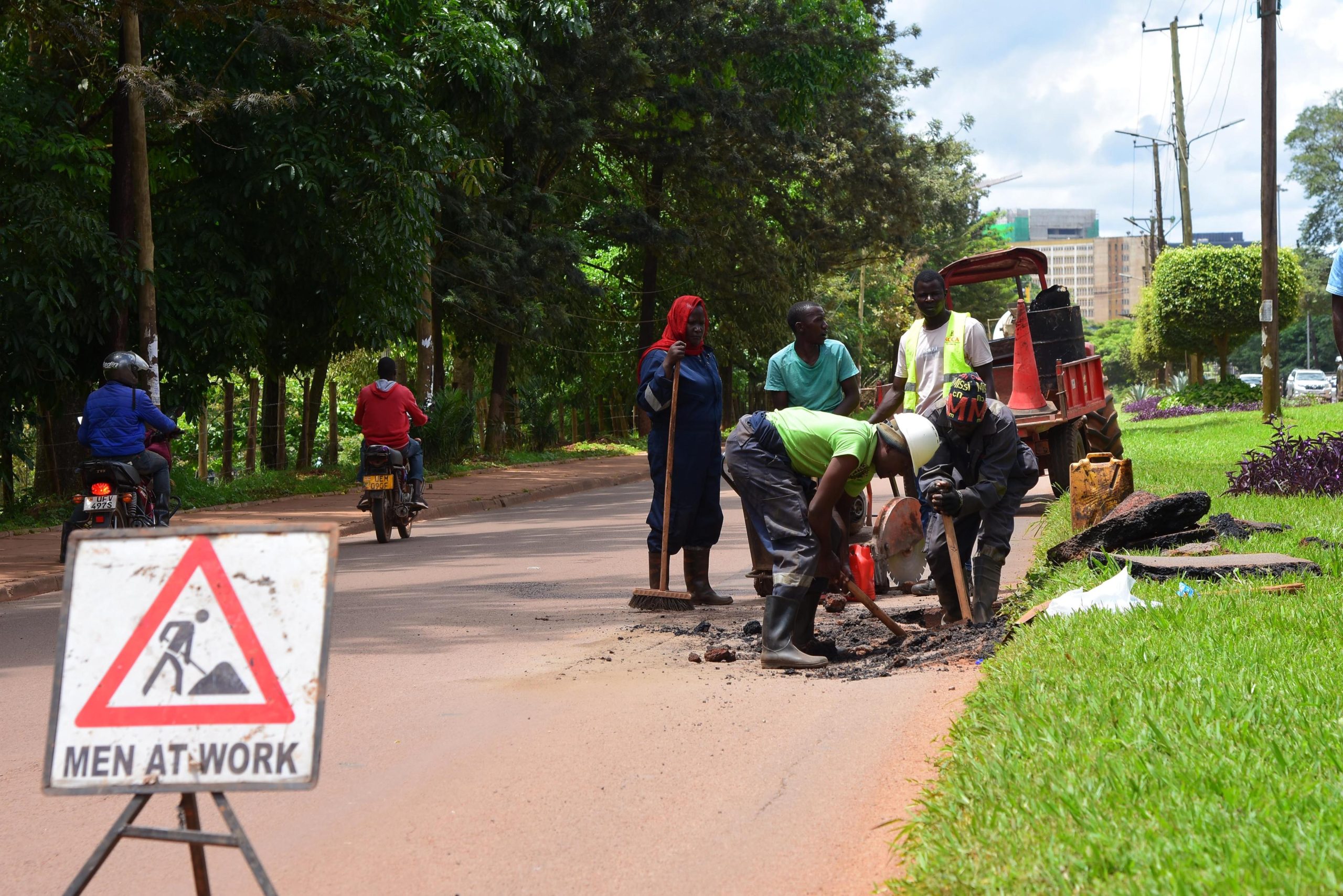Uganda to Settle UNRA Debts—this was the clear assurance from Gen Edward Katumba Wamala, Minister of Works and Transport. On June 19, he addressed a high-level dialogue in Kampala and confirmed the government’s commitment to clearing all debts from the former Uganda National Roads Authority (UNRA).
The event, organized by the Uganda National Association of Building and Civil Engineering Contractors (UNABSEC), brought together key players in the construction sector. Gen Katumba openly acknowledged the outstanding obligations and promised full payment.
“I want to allay all your fears and assure you that the government will pay every debt owed, including those that arose under UNRA,” he said. “So don’t be afraid to continue working with government.”
He noted that this is not a new policy direction. Since 1986, the government has consistently settled inherited debts. For example, his ministry once had a significant backlog, but the government provided Shs1.3 trillion to clear it. Now, only Shs664 billion remains, expected in the next budget.
Contractors in Uganda, particularly those in civil works, often face delayed payments. As a result, this issue negatively impacts their cash flow and growth. Therefore, Gen Katumba urged financial institutions to offer friendlier loan terms. He said access to fair credit is critical for sector development.
In addition, he reaffirmed the government’s backing for local contractors. Under existing policy, at least 30% of public contracts must go to Ugandan companies. This helps build national capacity, create employment, and strengthen the domestic economy.
The meeting, themed “Unlocking Sector Growth through Inclusive Procurement and Sustainable Financing Solutions,” gathered contractors, policymakers, and financiers. Consequently, the dialogue aimed to restore trust and develop practical solutions.
UNABSEC President Ms. Kiara Binta Nkuranga stressed the importance of responsive financing models. She highlighted that Uganda can learn from countries like Nigeria and Singapore, which have developed sector-specific strategies to support construction growth.
“We need reliable and responsive financing models to meet the sector’s unique needs,” she said. “Indeed, we can learn valuable lessons from these international examples.”
Additionally, Mr. Godfrey Ssebaana, representing Diamond Trust Bank and the Uganda Bankers Association, recommended documentary credit facilities. These, he explained, could offer lower interest rates for firms with stable income streams, reducing reliance on high-cost commercial loans.
Mr. Benson Turamye, Executive Director of the Public Procurement and Disposal of Public Assets Authority (PPDA), pointed out that procurement is central to development. Thus, he encouraged deliberate government efforts to train and support local contractors for long-term competitiveness.
By committing once again that Uganda will settle UNRA debts, the government aims to restore contractor confidence and ensure smoother project execution. This renewed trust, paired with better credit access and inclusive procurement policies, sets a more optimistic tone for the sector.
Finally, Gen Katumba emphasized that honoring past obligations is not merely government policy—it is a principle of accountability and national progress.
Read: Mabira Highway Repairs Begin to Address Road Hazards

